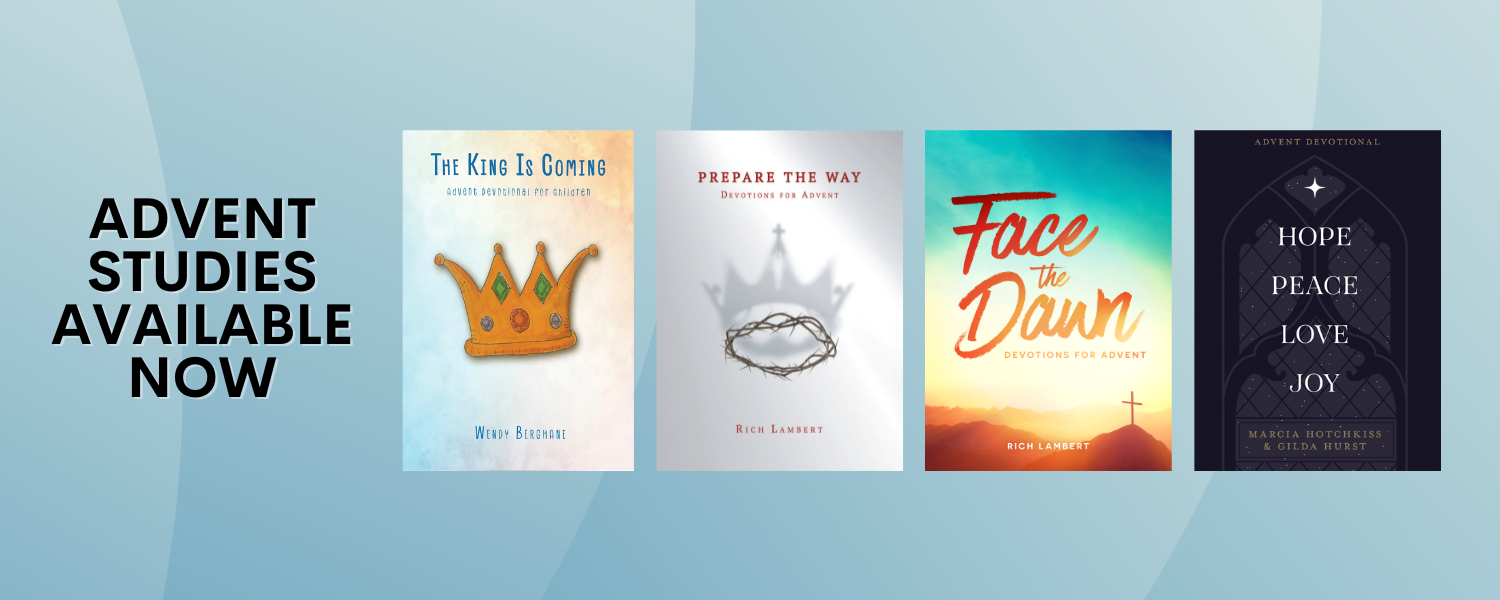Are You a Person of Mercy and Purity?
November 09, 2023

Are You a Person of Mercy and Purity?
By Brooke Holt
"Blessed are the merciful, for they shall receive mercy. Blessed are the pure in heart, for they shall see God." Matthew 5:7-8
The list of Beatitudes progresses. Jesus begins with "Blessed are the poor in spirit." This beatitude recognizes we come to the Lord empty handed and totally dependent on him for the forgiveness of our sins and the gift of our salvation. It is foundational to understanding the rest of the Beatitudes. We come broken; we come grieving our sin; we surrender ourselves to the Lord; we lay down our desires and take on his desires so that we hunger and thirst for him above anything else in this world. Having done those things, we encounter the mercy of God.
The Lord does not give us what we deserve - judgement and death. Instead, we receive what we do not deserve - grace, forgiveness, acceptance, and affirmation through Jesus. When Moses asked to see God's glory, the Lord proclaimed his name to Moses: "The Lord, the Lord, a God merciful and gracious, slow to anger and abounding in steadfast love and faithfulness" (Exodus 34:6b). The Lord spoke those words on Mt. Sinai as Moses had gone up a second time to receive the Ten Commandments. This second trip to Mt. Sinai resulted directly from the sin of the Israelites in their worship of the golden calf.
In God's mercy, he did not destroy the nation of Israel. He gave them a second chance, and the covenantal promises were renewed. At the core of mercy is God's forgiveness, a forgiveness grounded in his steadfast love. In the Beatitudes, Jesus taught they were not just to receive the mercy but that receiving God's mercy was contingent upon showing God's mercy. This teaching stood in opposition to the religious leaders of that day. In their self-righteousness, they did not recognize their need for mercy, and in their zeal for the law, they did not show mercy to those entrusted to their care.
Jesus goes on the teach them the pure in heart will see God. Throughout Jesus' ministry, he used children as an example of how to receive the kingdom of heaven. In fact, the Greek work used in the Gospel of Matthew indicates Jesus is not talking about a four- or five-year-old child but a toddler. A toddler is humble, dependent, honest, authentic, and totally content with her parents. She does not worry about her next meal or where she will sleep that night. Instead, she trusts her parents’ care and provision for her. A toddler can often be singularly focused. Anyone who has spent time around a hungry infant or toddler can appreciate how she expresses that focus. That clarity can be very refreshing. Jesus was seeking this singular focus in his followers - one who was focused first and foremost on him, his kingdom, and the kingdom values. He looked for those who would come authentically and whole-heartedly. These would see God, not only see him but also recognize him.
May you recognize your need for mercy, extend that mercy to others, and experience the purity of heart Jesus calls for today
Reflection:
Are you a person who exemplifies mercy? Are you one who has a pure heart, a single focus on the Lord and his kingdom? We would love to hear your thoughts in the comments.
Recommended Resources

Christmas is the festival of rejoicing at Christ’s first coming—the beautiful, unlikely start of our salvation! As the season ends each year, we pack up the decorations. Advent, on the other hand, is a bigger celebration—one we can’t box up and store in the attic. It celebrates the grace of Christ’s first coming, and then it reaches with restless anticipation for the fuller grace of his second appearing and the completion of our salvation! For 28 days, celebrate Advent. In Prepare the Way, join with St. Paul, King David the Psalmist, Zechariah, Gabriel, Mary, Elizabeth, and John the Baptist, along with the crowds as they rejoiced in the good news of Christmas, and then look beyond it for the holiday that never ends!
To see all of our Advent Resources, click here.

Leave a comment
Comments will be approved before showing up.
























